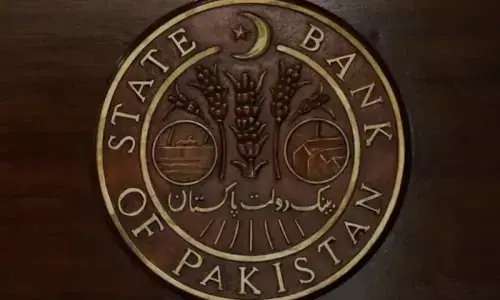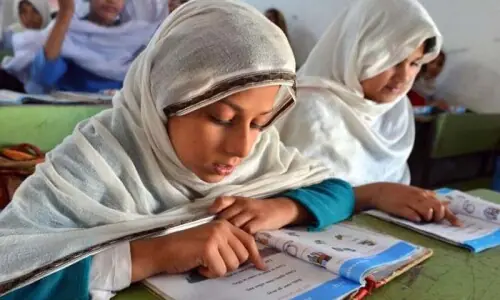The blocking of YouTube came as a major blow to up and coming Pakistani musicians, who were dependent on the video-sharing website for promoting and hosting their music online. But the banning of the world’s most popular website offered local entrepreneurs a unique chance to capture a market hitherto untapped.
Khalid Bajwa is an Islamabad-based engineer-turned-entrepreneur and a frequenter of local coffee shops who slaved away on his laptop for years. His labour of love, the online music-sharing platform, Patari, is currently in the beta-testing phase, and already has nearly 1,200 users and a database of over 20,000 fully licenced tracks, from gems by Madam Noor Jehan to Vital Signs’ classics and all the way down to underground bands currently trying to make it big. The site offers musicians a chance to profit from their music and showcases Pakistani music of all genres.
Dawn spoke to Mr Bajwa about some of the innovations that set ‘Patari’ apart from existing music sites and asked him about his plans for the future.
Q. How many people use the website everyday and how will you cope with the deluge once the site goes live?
A. We’ve only been up and running for about three-and-a-half-weeks now, but people have been glued to the website. The average time spent on the site, per user, is about 26 minutes, which is unheard of outside of social networking sites. People have been clamouring for access, because the site is currently invite-only, and the waiting list is in the thousands already.
Once the site goes live, we have full confidence that our servers will be able to handle the load. We’re currently working on the interface and are designing new features, such as the ability to share songs and interact with other users to create a type of online community of listeners. We’re currently looking at different revenue models, such as online ads after a few songs and premium subscriptions, which will offer users a whole new range of features.
Q. What are some of the innovations you and your team are most proud of?
A. The biggest thing we’re doing is digitising Pakistani music that has never made it to the Internet before. Artists are reaching out to us directly now and asking us to put their music up. But just in terms of the website’s design, we may have modelled it on existing platforms such as Spotify or Grooveshark, but every single thing on the site is tailor-made from the ground up.
The algorithms we’re using for text searches in Roman Urdu are also cutting edge. We realised that people write Roman Urdu in a variety of ways and use a variety of spellings, so we had to come up with a phonetic system that matches word sounds and calculates distance of error to yield accurate results.
We’ve also designed an artificial intelligence system that comes up with song recommendations for listeners and we’re working on linking users with similar music tastes, so if your playlist is similar to another person’s playlist, the system will offer you suggestions based on each other’s music tastes. This is unique idea and may yield some interesting results.
Q. How easy or difficult was it to find content?
A. Originally, before ‘Patari’ became a music website, I was trying to come up with an online viewing platform and trying to sell it to Pakistani media houses, a sort of Hulu or Netflix for Pakistani dramas.
But when that didn’t work out, we were convinced to try transplanting our idea to music.
The response was very positive and musicians especially are very excited about the idea. Even though the website currently focuses on studio albums and the occasional live recording, we are actively pursuing collectors and record labels for bootleg material, as well as tapping some unorthodox sources. We hope to get access to PTV and Radio Pakistan’s archives and promote the forgotten or unknown artists of yore. There is also a lot of regional content, Pashto and Seraiki music, that we are working on digitising.
Published in Dawn, March 26th, 2015
On a mobile phone? Get the Dawn Mobile App: Apple Store | Google Play

































